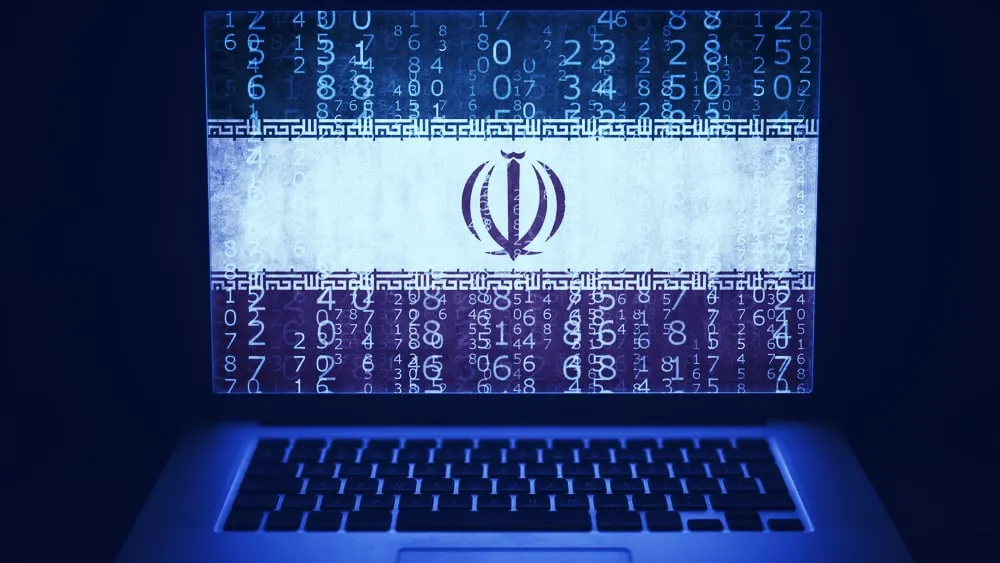The threat of war with Iran may be over but hostility still remains. During the recent escalation of conflict—which saw Trump authorize the killing of Iranian general Qasem Soleimani with a drone strike, and Iran retaliate with a missile barrage on a US army base—Iran also ran a cyber attack on a federal government website.
This cyber warfare is not over. The FBI and many security experts believe that Iran may still follow up with more cyber attacks.
According to The Washington Post, 85% of almost 100 security experts think more Iranian cybersecurity attacks against the US are on the way. Further, the FBI has cautioned that Iranian hackers could target organizations that focus on Iran issues, such as defense contractors, NGOs, government agencies, and universities, according to CyberScoop.

"I don't think Iran is finished," Jon Bateman, a former Iran expert at the US Defense Intelligence Agency and now a fellow at the Carnegie Endowment for International Peace, told Newsweek. It may lead to "follow-on actions that are more covert or more plausibly deniable. Cyber classically is one of the tools."
If this were to happen, it could have devastating results, including loss of life of US citizens. For instance, Bateman speculated, a cyber attack on someone’s phone could be used to manipulate them toward death traps. More broadly, important public infrastructure, such as power grids, water processing plants, and voting machines, could all be hacked.

Bitcoin's price cools off as tensions ease between the US and Iran
Bitcoin (BTC) has fallen back under $8,900 after losing more than six percent of its value since yesterday's peak of $8,453. Despite this current bearish activity, the price of bitcoin is still up more than 13.5% for the week and almost eight percent for the month. The last week has also seen bitcoin gradually improve its market dominance, which climbed to a peak of 69.3% yesterday, but now sits at 68.7%. This means its market cap accounts for a large majority of the market cap of the entire cry...
However, the US may have one trick up its sleeve. Greg Forst, marketing director for Factom Protocol, thinks blockchain could help out. Factom’s decentralized, open-source blockchain protocol is already used by the Department of Homeland Security and the Department of Defense—but there are further opportunities.
How could blockchain help fight cyber attacks?
Forst told Decrypt that decentralized digital identities—a way to locate a person or device on a blockchain’s immutable ledger—are used to make systems more resilient against attacks. “If someone tries to spoof a device or come on as a different device, [the system] is not authorized to let them pass,” he said.
With Homeland Security, Factom’s working on ways to protect the energy grid, one of the most critical pieces of public infrastructure—a prime target for Iranian hackers. Compared to other developed countries, Forst says that the US’s energy grid is “older and isn’t necessarily using the latest and greatest technology.”
Protecting Internet of Things devices in the field, such as video cameras, noise sensors, vibration sensors—“making dumb devices smarter”—will help reduce, or get alerts earlier, about the compromise of a system, said Forst, adding, “If someone does try to play the man in the middle and spoof, it's much harder to do and we will be alerted to this.”
The same principle could also be applied to protect borders, and to keep an eye on what’s going in and out of them. “If you can ‘hack’ the border, so to speak, and get something malicious inside the country, then you have an issue,” said Forst.
Perhaps blockchain could have solved the Irish border issue after all.




